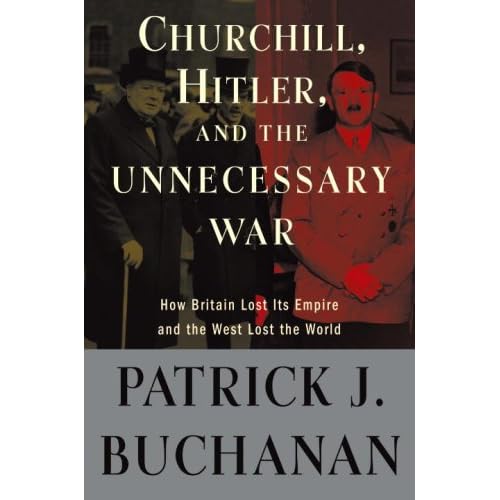But libertarianism is broader. While libertarians are economic conservatives (supporting, for example, free markets), they are social liberals. As my previous post may illustrate, I am frequently frustrated by the anti-intellectual demogoguery emanating from self-styled so-cons, to the point whereby I am often tempted to just state clearly that I, likely my former high school friend Colby Cosh, am a libertarian, full stop.
But while I would then have less of a need to elaborate on why I support a scientific, evidence-based, "intellectual" approach to resolving policy issues in general, fact is I am postmodern enough to NOT see Reason as the final touchstone in all realms. I see a need to circumscribe it to the instrumental realm, a project that's been described in more detail by German philosopher Jürgen Habermas.
It's the fact that in practice we could use more reason, not less, in our public debates that tempts me to endorse full-on libertarianism without qualification. But philosophically sophisticated arguments for social conservatism such as those described by Daniel Bell are compelling, or at least deserving of more attention.
Norms have value. People who believe some emancipatory effect will follow from the elimination of sexual norms are putting too much stock into theory (Reason, if you will) and not enough into the reality of human nature. The idea that youth, for example, will be more self-determined if traditional influences are removed is largely a fiction. What would replace it are other cultural influences. Undermine the norms generally endorsed by parents, for example, and you'll empower unreflective peer pressure, not individuals in idealized, abstracted isolation, and that peer pressure would generally serve the baser elements of social darwinism. What people are being emancipated to, in other words, is the prehistoric savannah where the contributions of potential Newtons, Einsteins, Vivaldis etc were undeveloped and unsupported. The point here can, and is, frequently taken too far. But there is a point, just as Nietzsche makes something of a counterpoint. What's missing is an intellectual curiousity about why norms like not running around in the nude arose in the first place.
The content of the norms is generally not so important as the fact they simply exist, in my view. Is one superior by virtue of being, say, white, male, and Protestant? No. But is it reasonable to consider that important? Yes. Whether it should be important may be debated, but where the social left goes most awry is on the issue of whether it is important. A religious revival might well do more to solve otherwise intractable social problems and improve human satisifcation than a new bureaucratic government spending program.
Which brings me to the uproar over Obama's invitation to Rick Warren. Rich Lowry identifies the "cultural left" as the "aggressor" in this latest flare-up in the culture war. I agree, and am futhermore reminded of why I'm not a libertarian. A libertarian might well be compelled to agree that Warren should be disinvited, which would be an extremely dogmatic stance that furthered a distorted view of the particular facts. Pastor Rick is not a hatemonger, and the efforts to paint him as such strike me as less loving, more "hateful" if you will, than what Rick Warren has been preaching and writing about his whole career. The activists here are looking to provoke a political showdown that Warren is not looking for.
I've argued elsewhere that gay marriage is not a libertarian issue anyway. I won't repeat the reasons here in detail, other than to say that the issue is unlike the decriminalization of homosexuality by going to positive "rights", namely the right to compel government action, as opposed to negative rights. Gay marriage is about normalizing deviancy, not about the right to deviate. Some readers may jump at my use of the word deviant here, saying its highly pejorative, but for what it's worth I am using the term as an entirely descriptive, sociological term.
UPDATE:
This San Francisco pundit supported same sex marriage in the past but has since turned cold on the idea because of the intolerance exhibited... by SSM supporters.
The Left has won the culture war, and, at least in the near-term, its victory is irreversible. In social relations, the right to choose trumps all other considerations: to fornicate, marry, breed, abort, divorce, and abandon. That a single mother with six kids should opt for another eight because she feels like it captures the distilled essence of the cultural moment that we have entered.





 Joe Biden has said a lot of intelligent things when it comes to foreign policy and he would have been my top recommendation to Obama if Wes Clark was not going to be considered.
Joe Biden has said a lot of intelligent things when it comes to foreign policy and he would have been my top recommendation to Obama if Wes Clark was not going to be considered.


